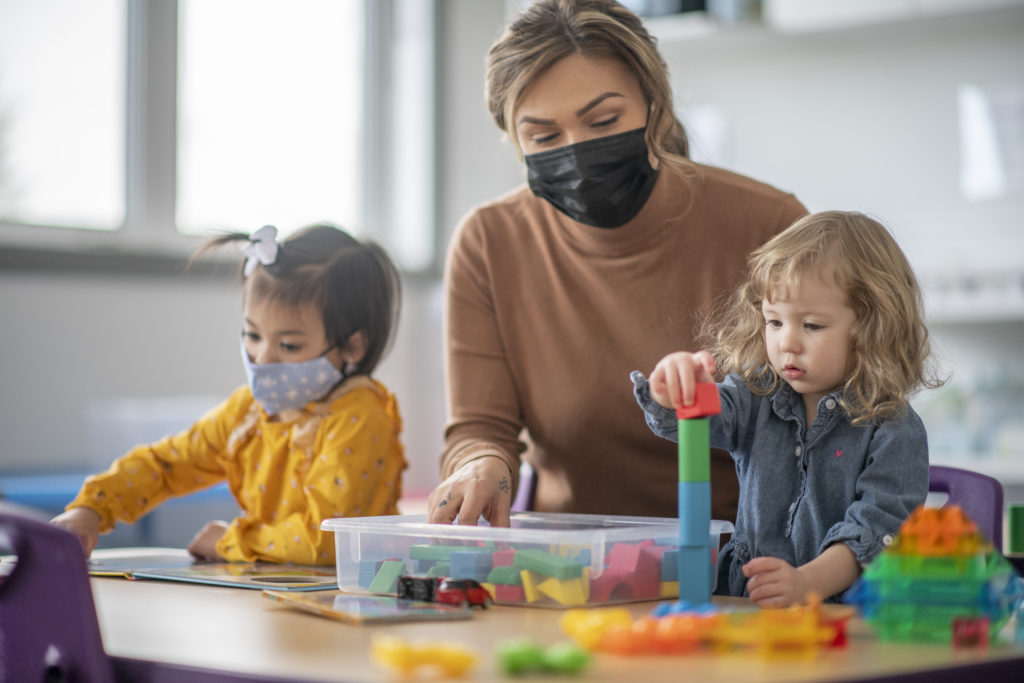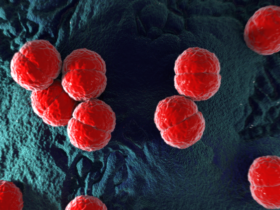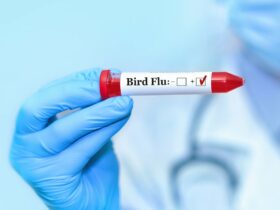United States – During the COVID-19 period, demands from young families were enormous since schools and daycare centers closed, parents had to work remotely, and social activities nearly ended leading to altered lifestyles.
Reassuring Findings Amidst Concerns
Although there have been many confounding factors, the main study published in JAMA Pediatrics examined the impact on the development of infants and toddlers. Researchers reported that although there were some noticeable differences, the overall effect of these elements on developmental outcomes was moderate. Investigations were conducted on over 50,000 children under the age of 5, as reported by HealthDay.
Key Findings on Developmental Skills
The study delved into various developmental domains, revealing minor decreases in certain areas. Communication skills among toddlers showed a decline of approximately 3%, while problem-solving abilities decreased by less than 2%. Similarly, personal-social skills experienced a slight decrease of about 2%. Interestingly, motor skills appeared unaffected by the pandemic’s disruptions. Infants, too, displayed similar declines in communication and problem-solving skills.
Long-Term Implications and Future Research
However, the precise long-term effects, including cognitive outcomes, may not be immediately apparent. Researchers therefore warn against minimizing this possible outcome. This finding lends credence to the importance of continuous monitoring of the developmental process and the provision of support to children, especially in the context of large disruptions like those triggered by the pandemic. Along with this, the importance of developmental-behavioral pediatricians in the realms of regularly assessing and offering intervention for children with developmental limitations is noted as well. These findings, therefore, not only inform present practices but also help in the long-term planning for strategies against future epidemics, as well as to build the appropriate support systems for kids and their families, as reported by HealthDay.







Leave a Reply